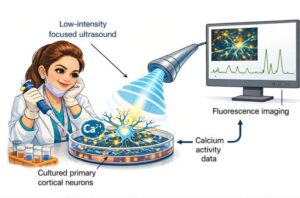
A new way to communicate with neurons using focused ultrasound stimulation
I still vividly remember the first time we observed neurons responding not to audible sound, but to concentrated, precisely calibrated ultrasonic pulses.

I still vividly remember the first time we observed neurons responding not to audible sound, but to concentrated, precisely calibrated ultrasonic pulses.

A patient with complete blindness caused by irreversible optic nerve damage partially recovered natural vision after participating in a clinical trial of electrical stimulation of the visual cortex conducted by researchers.
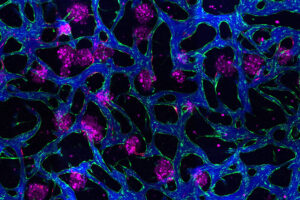
Two models more accurately replicate the physiology of the liver, offering a new way to test treatments for fat buildup.

WITEC is working to develop the first wearable ultrasound imaging system to monitor chronic conditions in real-time, with the goal of enabling earlier detection and timely intervention.

A research team led by La Trobe University has developed a single-use test strip that could ultimately change how diseases like cancer are diagnosed. The research used enzymes to boost an electrical signal to detect disease-indicative molecules, also known as microRNAs.
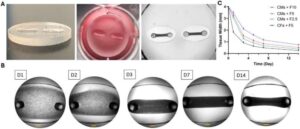
Scientists at Université de Montréal and its affiliated Centre de recherche Azrieli du CHU Sainte-Justine have made a major advance in their research into cardiovascular disease: They’ve created functional, three-dimensional heart tissue that can beat autonomously in vitro.

Technology created at the University of Queensland could improve the odds of surviving brain cancer and change how we treat a range of neurological conditions.
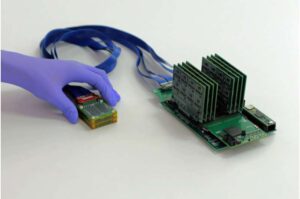
For people who are at high risk of developing breast cancer, frequent screenings with ultrasound can help detect tumors early.

Pink noise—often used to promote sleep—may reduce restorative REM sleep and interfere with sleep recovery. In contrast, earplugs were found to be significantly more effective in protecting sleep against traffic noise.
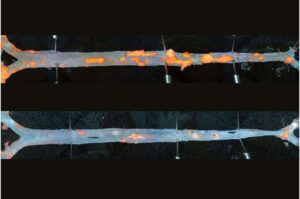
Scientists have designed an immunotherapy that reduces plaque in the arteries of mice, presenting a possible new treatment strategy against heart disease.